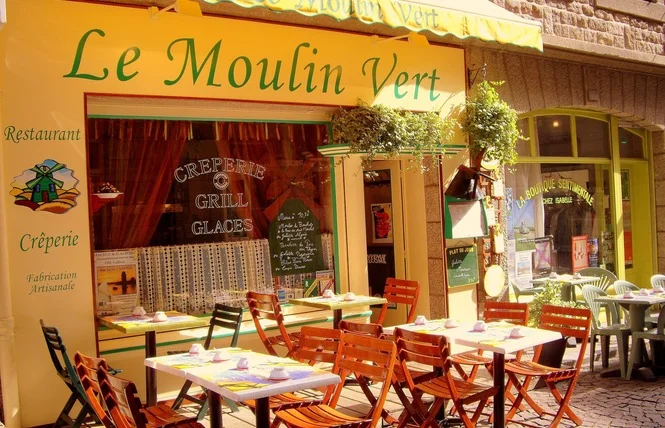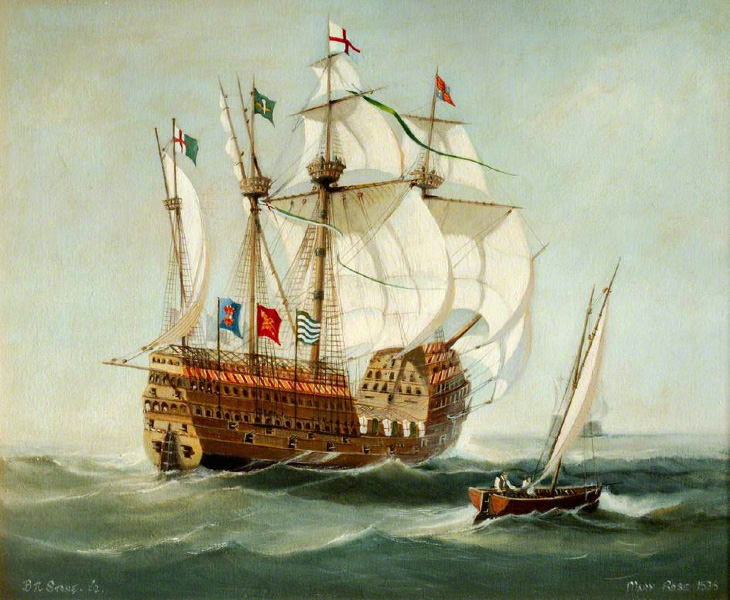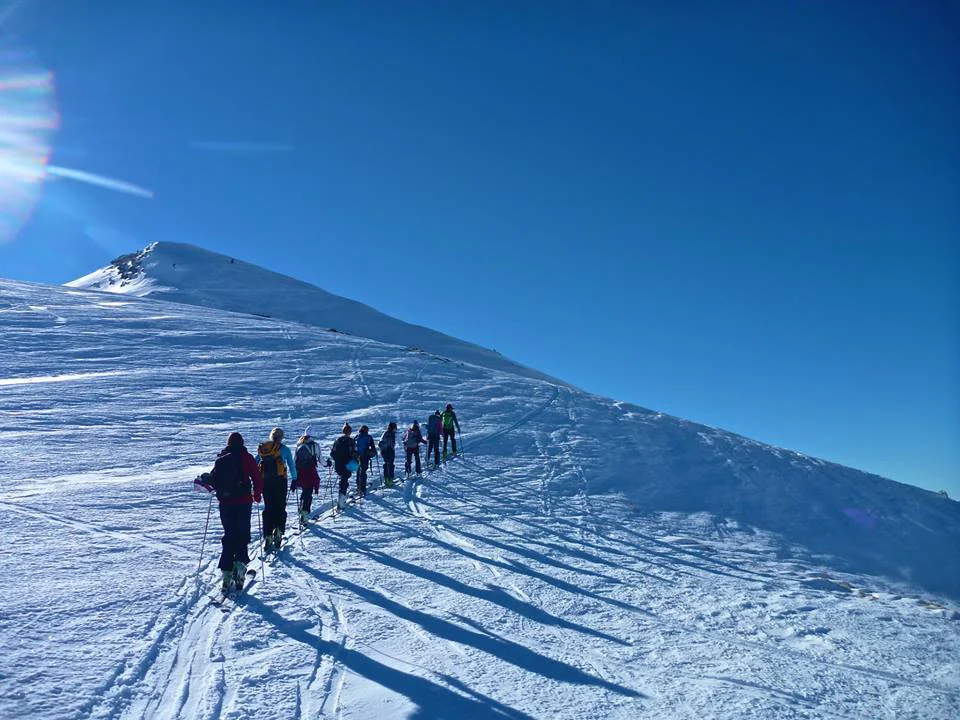Many of the ELS's enthusiastic supporters and generous patrons attended boarding school at Aiglon College, a British international school in Chesières-Villars, Switzerland. The ELS's founder once taught there. Aiglon was established in 1949 by an Englishman named John Corlette, who, while teaching at Gordonstoun in Scotland, met Kurt Hahn and was introduced to his ideas about the importance of challenging students with various demanding experiences. Convinced that Hahn was right, Corlette integrated rigorous hiking and skiing expeditions into his own school's basic curriculum. He also required all students and faculty to gather every morning for a meditation—an inspirational message followed by several minutes of reflection. The following is an excerpt from a meditation he personally delivered:
"... an awful lot of so-called grown-ups, many of whom are really only children with grown-up bodies—an awful lot of these grown-ups spend an awful lot of time complaining about their own lives, how uninteresting their lives are, how they never meet any interesting people, how dull their jobs are, how small their pay is, how silly their [partners] are, how idiotic their children, how unreliable their cars, how tasteless their food.
Well, all this may be true and a lot more, but if they are complaining to other people, and invariably they do, they are complaining to the wrong person. They should be complaining to themselves, for they are themselves to blame.
Our lives are what we make of them, and if they are dull and uninteresting, frustrated, colourless and unsatisfying, it is because we make them so.
[...] it is no good blaming those mysterious people 'they' at whose door we like to lay so many of our misfortunes. It is no good blaming God [...] As Shakespeare says in Julius Caesar, 'the fault, dear Brutus, is not in our stars, but in ourselves, that we are underlings.'"
He then went on to prescribe three remedies:
1) Accept responsibility for your own life.
2) Spend the time to know yourself.
3) Have the courage and self-confidence to be yourself.
That philosophy is in our DNA. And that is why, year after year, we do what we do.









